Resin 3D printing is a little different from what you might think of as normal 3D printing. Most of the best 3D printers use a material called filament to produce prints, but some use reactive resin to create stunningly detailed models.
These printers use a special type of UV resin that comes in a variety of colors and chemical compositions, each of which can create a different type of end result. A lot of them are specialty resins that you aren’t likely to need every day, but it can get complicated when you’re searching for the right material. We’ve put together this helpful list of the best resins for you to choose from. The list will get updated as more resins are tested by our team.
Siraya Tech
Siraya Tech Fast is the perfect balance of price per gallon and functionality. There are cheaper resins, but a lot of them tend to split or become sticky if handled improperly. Fast has been my go-to for the last few years and never lets me down when it comes to reliability.
I also use it for all of my resin 3D printer reviews so I know what each printer can handle. The smoky gray color is my favorite, but there are some amazing colors to choose from.
You’re receiving price alerts for Siraya Tech Fast
Anycubic
The holy grail of clear resin is to stay clear after curing. When you add UV light to clear resin, it tends to turn slightly yellow, making it look more like nicotine-stained glass rather than freshly made. Anycubic’s high clear resin resists the yellowing of other clear resins and, as long as you don’t over-cure it, will maintain the clear look of crystal.
Pro tip: After you’ve cured the model, spray it with several coats of high gloss clear coat to really make it shine.
Sunlu
When you’re just starting out it’s helpful to buy a bulk batch of inexpensive resins to get your collection started. This four-pack of 500 gram bottles of resin can be mixed and matched so you can have four different colors, perfect for creating different effects on your models.
You’re receiving price alerts for Sunlu 3D printer resin (4-pack)
Elegoo
While Elegoo touts its plant-based resin as a nonirritant and safe, it is much better than any other resins in that regard. It should still be handled with gloves, respirator and goggles until it is fully cured.
It is, however, cheap, easy to use and gives reliable results for the price. I also like that the smell of resin is almost nonexistent with plant-based resins.
You’re receiving price alerts for Elegoo plant-based resin
Anycubic
Resin can be quite brittle, and if you’re building parts that need to have stress exerted on them, a resin like the tough resin from Anycubic might help with its longevity.
The tough resin works the same as other resins but allows for some flexibility in the final model. This reduces the chances of it shattering into pieces like dry spaghetti.
You’re receiving price alerts for Anycubic tough resin
Siraya Tech
One of the coolest things I’ve ever done with a resin printer is to make a cast for jewelry. I used some of this resin to print a Green Lantern ring, then took it to a friend of mine with a kiln. She wrapped it in plaster and fired it. The resin has a high wax content that helps it melt away, leaving a perfect mold behind for pouring silver.
This resin is not cheap, but if you’re interested in making your own jewelry and have access to a kiln, this may be for you.
You’re receiving price alerts for Siraya Tech Cast
3D printing resin FAQ
Resin 3D printing is a lot different from other types of additive manufacturing. It can be hazardous, but it is incredibly rewarding if you can get it right. Here are some of the frequently asked questions I get asked about the process.
Is 3D printing resin dangerous?
Short answer: Yes. Long answer: Yes, if you’re careful it’s fine. Touching resin with your bare hands can give you chemical burns, and the more you handle it the more likely you are to become allergic to it. I now have to be extra careful, as I get swollen eyes if any liquid resin touches my skin. It’s no joke. Making sure you’re wearing the correct protective equipment is of vital importance when using resin. Minimally you should be using Nitrile gloves any time you’re handling uncured resin, though I would recommend a pair of safety glasses and a respirator to keep the toxins away.
Can I use normal resin from Michaels?
The type of resin you might see at Michaels or other craft stores is not the same as 3D printing resin. Most of those resins are two-part systems that chemically bond when mixed. UV resin cures under, you guessed it, UV light. It only does this under certain wavelengths, though, so not all resins will work. You will need to use resins specially labeled as 3D printing resins.
What happens if I don’t cure the model?
There are two main stages of curing for a resin-printed model. The first is the curing that happens inside the printer when the UV light hardens a layer of resin to form the model. The second happens after the model is finished. When you first take the model off the build plate you still need to use gloves to handle it, as the outside will be covered in uncured resin. You will need to wash the model in isopropyl alcohol — 90% or above is best — and then cure it one final time in a UV chamber or out in the sun. This will harden the outer surface and make it safe to handle.
If you don’t do that second cure, the model will stay sticky and be unsafe to handle. Even covering it in paint won’t stop it from being hazardous to you and everything around you, including animals and plants. I would recommend a wash-and-cure system to streamline that process.
Can I 3D print something in resin that is food/body safe?
No. 3D printing resin is never food-safe. While curing makes it safe to handle, it is never 100% and ingesting any amount of resin is a big no-no. The best way to make food-safe products from your resin prints is to make a silicone mold of them and use that to make food-safe resin products instead.
Are there different types of resin?
While all UV resins are essentially the same, some have different properties that help you achieve different results. Standard resin is great for a lot of projects but can be quite brittle. Some have a lot of flexibility but don’t lend themselves to fine detail, making them great for more practical prints. There are even resins that can be used to make denture molds, so the uses are endless.
Siraya Tech Fast — the best overall resin on our list — can be mixed with other types from the brand to create different properties so you can buy the cheaper resin and mix it with a small amount of more expensive resin with different properties.
More on 3D printing
Best 3D Printer Resin – CNET
Source: Media Star Philippines


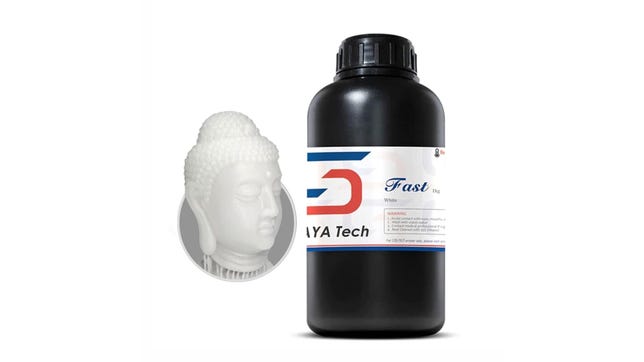
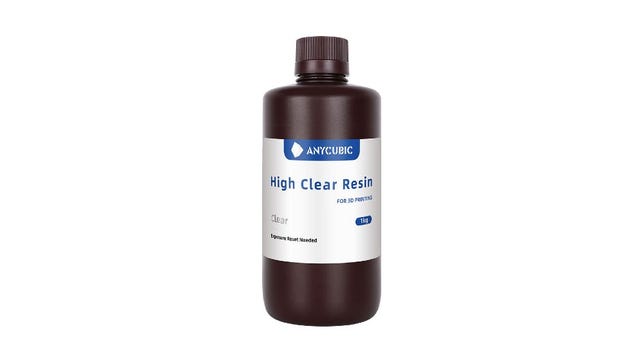
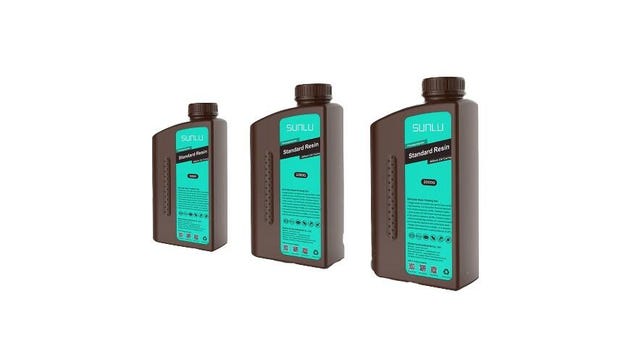
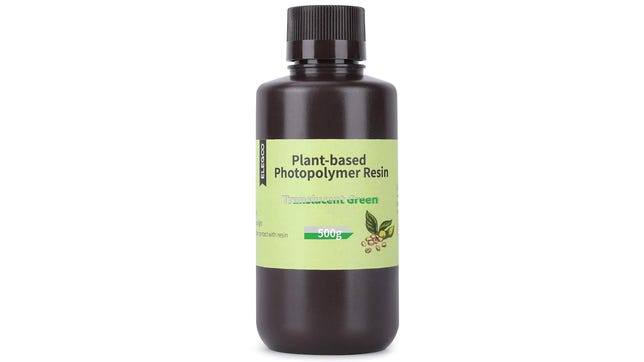
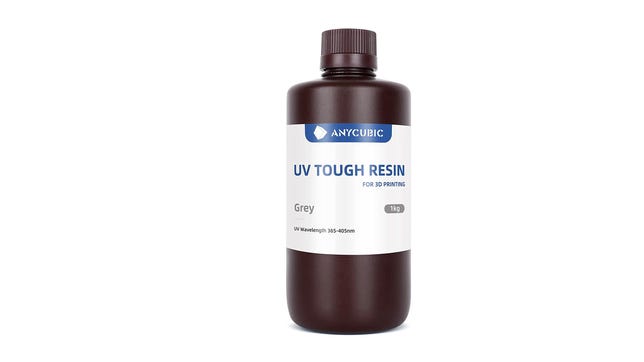
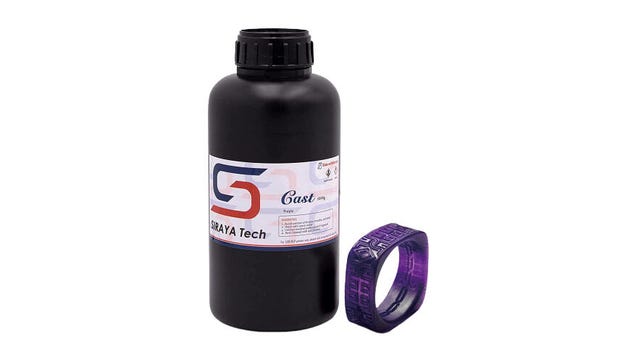
0 Comments